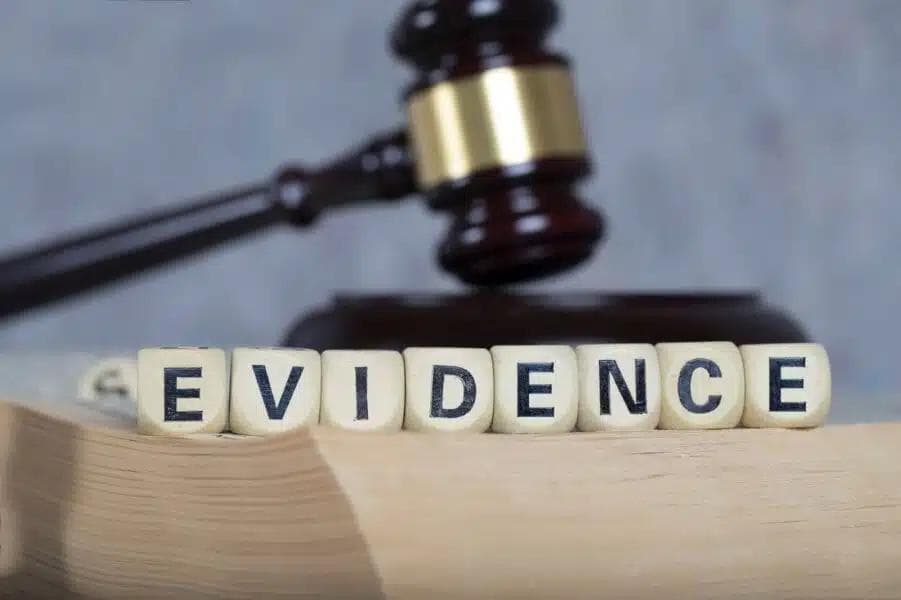
Nursing home abuse and neglect put vulnerable residents at serious risk, leading to malnutrition, dehydration, infections, and preventable injuries. When facilities fail to provide adequate care, residents suffer, and families are left feeling helpless. Lack of supervision, improper medical treatment, and unsafe conditions can result in devastating harm. Understanding the warning signs, knowing your legal rights, and holding negligent facilities accountable are crucial steps in protecting your loved ones. Learn how to take action and seek justice.
November 5, 2024
3 min
In recent years, the issue of nursing home abuse and neglect has garnered significant attention, shedding light on the disturbing mistreatment of vulnerable individuals in care facilities. For those affected by such egregious acts, seeking justice through legal recourse becomes imperative. However, navigating the complexities of a nursing home abuse or neglect lawsuit demands a comprehensive understanding of the essential evidence required to substantiate these claims.
Before delving into the specifics of evidence, it is crucial to grasp the distinct yet interconnected concepts of nursing home abuse and neglect.
Nursing Home Abuse refers to the intentional infliction of harm, whether physical, emotional, sexual, or financial, upon residents by caregivers or staff members entrusted with their care. Abuse includes the deprivation of goods or service necessary for the resident’s well-being.
On the other hand, Nursing Home Neglect pertains to the failure of caregivers to provide adequate care and attention, resulting in harm or injury to residents. Neglect can manifest in various forms, including but not limited to, failure to provide necessary medical treatment, nutrition, hygiene, or assistance with daily activities.

Proving nursing home abuse or neglect necessitates gathering compelling evidence that substantiates the claims made. Below are key pieces of evidence that are often crucial in building a strong case:
While the aforementioned evidence is crucial in building a strong care, it is essential to acknowledge the challenges that may arise in obtaining such evidence. Nursing home facilities may attempt to conceal or manipulate records, intimidate witnesses, or obstruct investigations to avoid liability. Additionally, residents who have experienced abuse or neglect may face barriers in effectively communicating their experiences, especially if they suffer from cognitive impairments or fear retaliation.
To overcome these challenges, it is important to work with experienced legal professionals who specialize in nursing home litigation. These attorneys possess the knowledge, resources, and tenacity to uncover evidence, advocate for their clients, and hold those who are responsible for the harm accountable.
Victims of nursing home abuse or neglect have legal remedies available to seek justice and compensation for the harm they have endured. These remedies may include:
While legal remedies are essential for holding those responsible for nursing home abuse and neglect accountable, prevention remains paramount. Nursing home facilities must implement robust policies, procedures, and training programs to prevent abuse and neglect from occurring in the first place. This includes thorough background checks for staff members, regular supervision and monitoring of resident care, and a culture of accountability and transparency.
Families and loved ones of nursing home residents can also play a crucial role in preventing abuse and neglect by remaining vigilant, advocating for their loved one’s rights, and promptly reporting any concerns or suspicions of mistreatment.
In conclusion, proving nursing home abuse and neglect requires gathering compelling evidence that substantiates the claims made. From medical records and witness testimony to physical evidence and expert opinions, each piece of evidence plays a crucial role in building a strong care. However, obtaining such evidence can be challenging, requiring the expertise and determination of legal professionals.
Ultimately, by working together to uncover the truth, advocate for justice, and prevent future instances of mistreatment, we can ensure that nursing home residents receive the care, dignity, and respect they deserve.
Michael Hill is a nationally recognized attorney who handles exclusively cases against long term care facilities. Michael and his firm, Michael Hill Trial Law, handle cases across the country. If you have any questions about cases involving any nursing home, assisted living facility, or group home, you can contact Michael Hill Trial Law at www.protectseniors.com, by sending an email to info@protectseniors.com, or by calling (800) 659-2712.